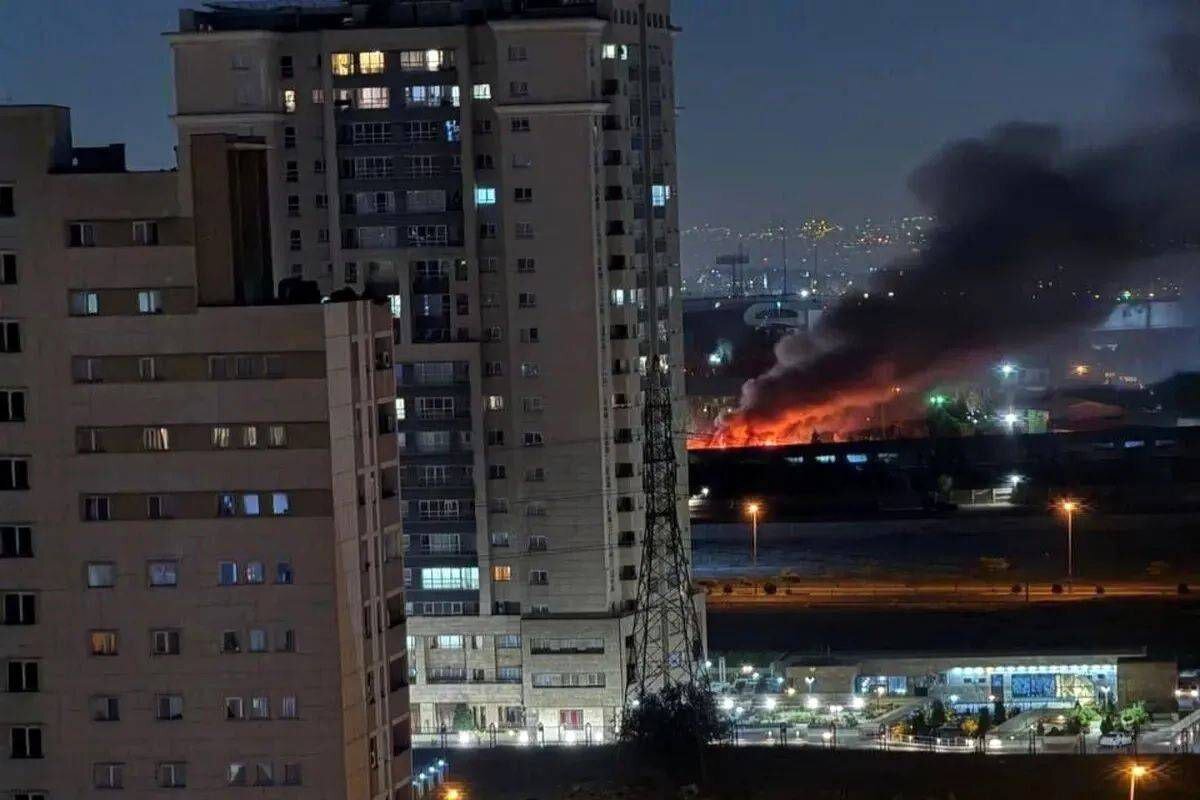Defending Iran’s right is defending the UN Charter: lawyer

TEHRAN – Defending Iran’s right [to respond to the Israeli aggression] is defending the United Nations Charter and the principle of prohibiting the use of force, IRIB quoted Hamid-Reza Mohammadi, a lawyer, as saying.
If this principle is sacrificed for political gain, no other state will be secure tomorrow, he added.
When the international system and its organizations fail to defend basic human rights, the military capacity of any state would ensure the implementation of international law to deter and defend its national interests, he stressed.
A weak response to a gross violation of international law violates a country’s national sovereignty, threatens the lives of millions of civilians, and undermines the credibility of the entire international legal system, Mohammadi added.
Referring to Iran’s right to self-defence against Israeli attacks, he said, from the perspective of public international law, the Israeli’s military attack on the territory of Iran, without authorization from the UN Security Council, is a clear violation of international peremptory norms, also known as jus cogens, and contemporary international laws.
According to Article 2, paragraph 4 of the UN Charter, using force against the territorial integrity or political independence of any state is prohibited. This principle is established as a fundamental rule and a peremptory law in customary international law.
The use of military force by a state against the sovereignty or territorial integrity of another state, without legitimate legal grounds, is considered military aggression according to UN General Assembly Resolution 3314, adopted in 1974.
Particularly, cases such as bombarding the territory of another country, dispatching armed forces, or any direct or indirect aggression, including targeted cyber operations, are clear examples of aggression, Mohammadi said.
Aggression, under the Rome Statute of the International Criminal Court (Article 8bis), is one of the four core international crimes that can lead to criminal responsibility of high-ranking officials and military commanders.
Being attacked, the target country (Iran) will have an inalienable right to self-defence under Article 51 of the UN Charter. This self-defence must be carried out within the framework of recognized principles of international law, including necessity, proportionality, and urgency; principles that have been emphasized by the jurisprudence of the International Court of Justice, in cases like Nicaragua v. United States (1986).
Wounding civilians, killing dozens of children and women, and invading residential areas are violations of international humanitarian law. The Fourth Geneva Convention (1949) and its First Additional Protocol (1977) emphasize the principle of distinction between military and civilian targets.
Attacking civilians or using weapons that cannot distinguish military and civilian targets is a war crime, defined and criminalized in Article 8 of the Rome Statute.
Hence, the Islamic Republic of Iran has the right to defend itself proportionate to the threat, provided that this defense acts as a deterrence and would not exceed legal boundaries.
MT/MG
Leave a Comment